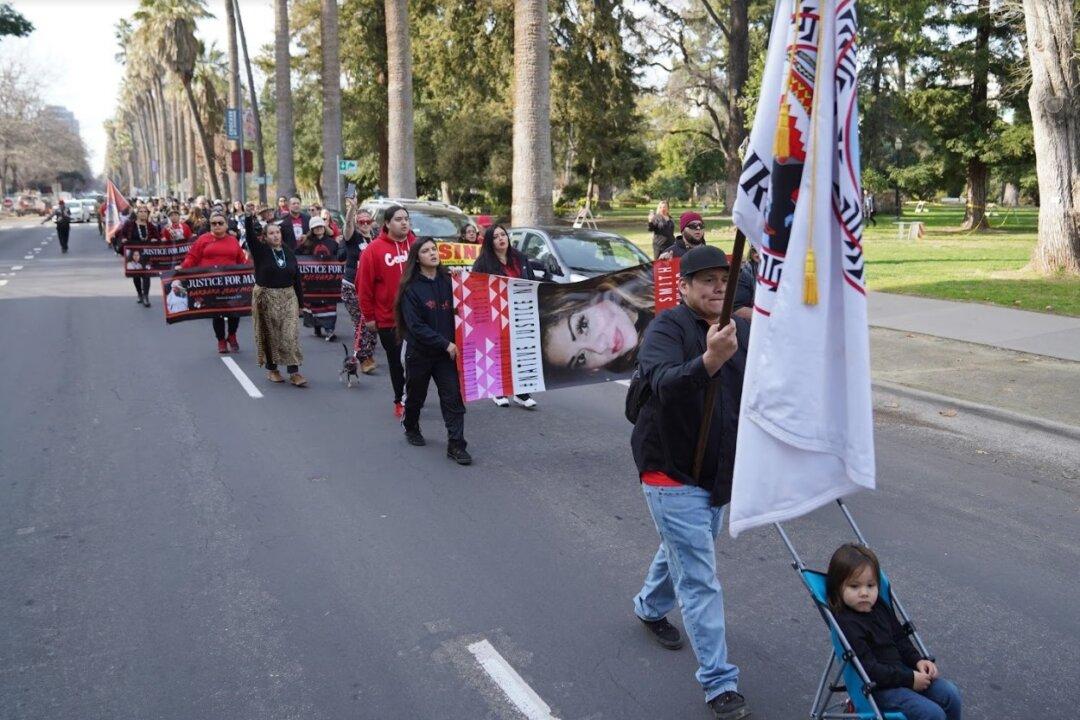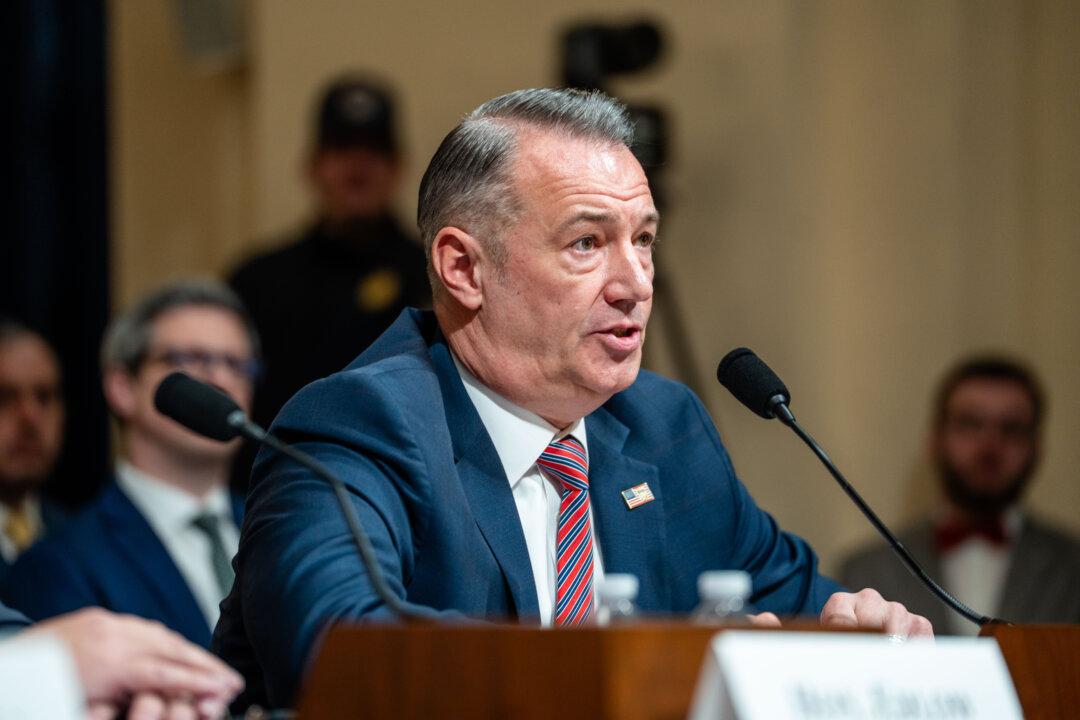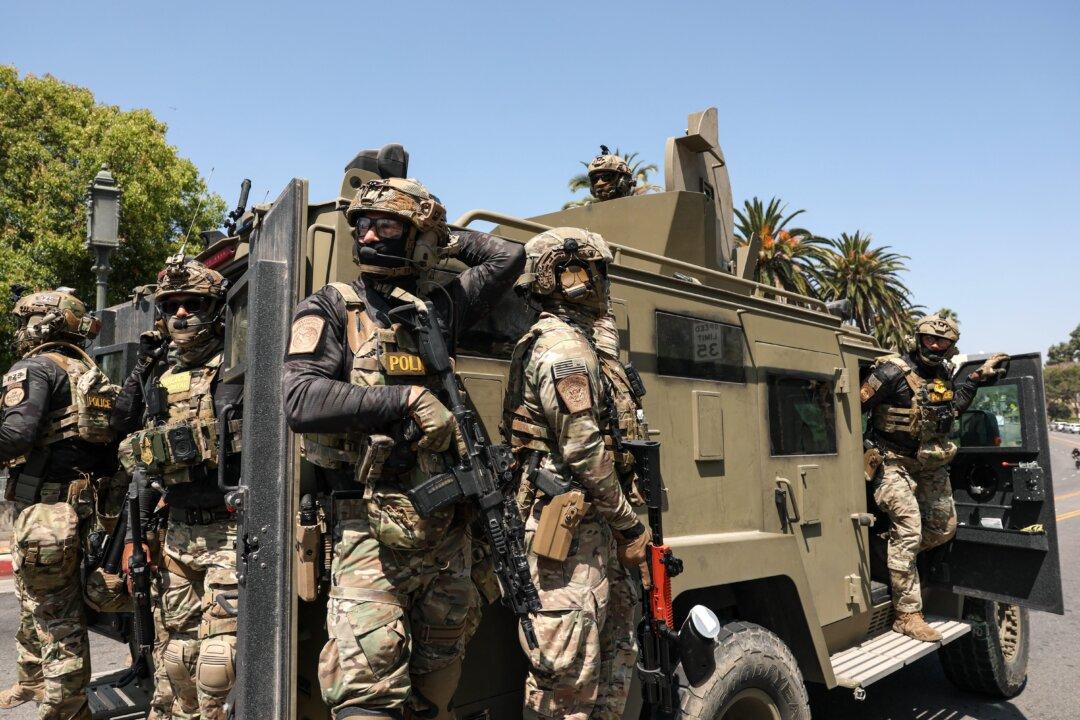California has awarded nearly $20 million in grants to 18 Native American tribes to help them investigate murdered and missing indigenous people, the governor announced July 11.
The awards were part of a second round of state funding given to federally recognized tribes in the state to address what California Gov. Gavin Newsom called a crisis.





